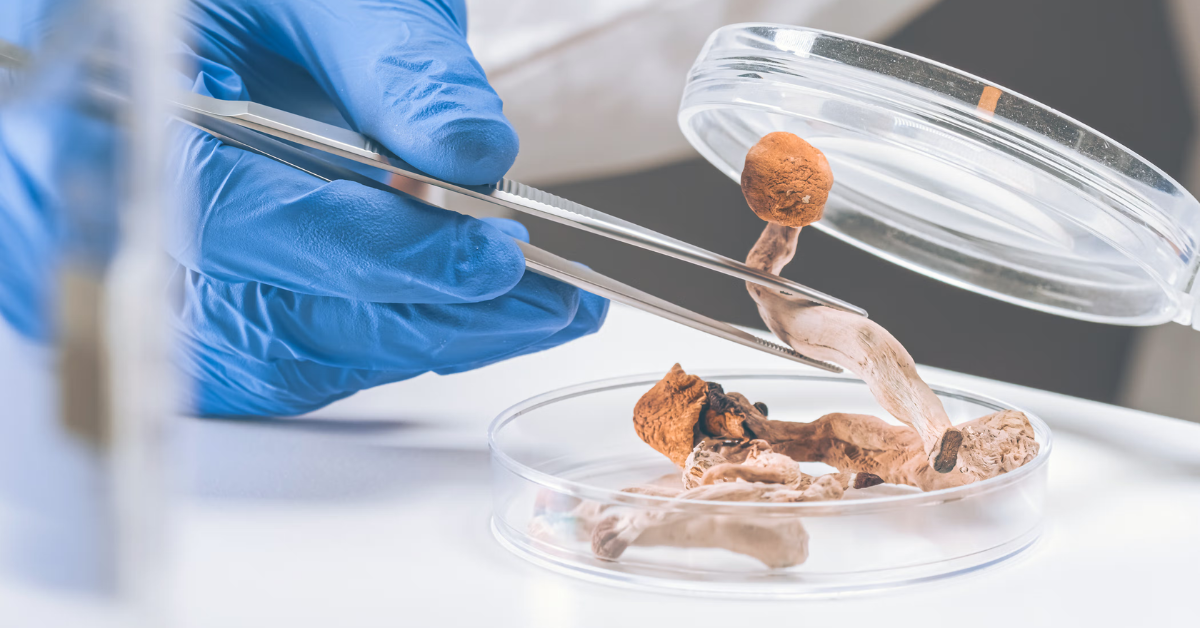Microdosing, the practice of taking very small amounts of psychedelic substances like LSD or psilocybin, has been gaining popularity worldwide, including among young people in India. Many users claim it helps improve creativity, focus, and mood without causing strong hallucinations or disruptions. However, as its appeal grows, so does the concern among health professionals.
Health experts worry that the lack of regulation and scientific evidence on microdosing’s safety could lead to serious health risks. Despite anecdotal claims of benefits, the long-term effects remain unknown, sparking debate on how to approach this emerging trend responsibly.
What is Microdosing?
Microdosing means taking tiny doses of psychedelic drugs, usually about one-tenth to one-twentieth of a regular recreational dose. The idea is to get subtle effects that may enhance mental clarity, creativity, or relieve anxiety, without experiencing a full psychedelic trip.
People often use microdosing as a self-help tool to cope with stress, increase productivity, or boost mood. It is usually done in a planned routine, where the microdose is taken every few days or on specific schedules.
Why Are Young People Interested in Microdosing?
Many young adults are drawn to microdosing because of the promise of enhanced brain function and emotional well-being. In competitive environments like college or startups, there is a strong desire to improve focus and creativity naturally.
Moreover, social media and popular culture have played a big role in spreading stories about microdosing’s benefits. Influencers and celebrities sometimes share their positive experiences, which encourages others to try it without fully understanding the risks.
Health Experts Warn: Risks of Microdosing
Despite the buzz, medical professionals caution against unregulated microdosing. Psychedelic substances can affect brain chemistry in unpredictable ways, especially when used regularly. Without proper guidance, users may suffer from psychological issues such as anxiety, paranoia, or mood swings.
There is also limited research on how microdosing affects people with underlying health conditions or those taking other medications. Mixing substances could lead to harmful interactions, making it crucial to consult a healthcare provider before attempting it.
Lack of Regulation and Quality Control
Another major concern is the unregulated nature of these substances. Since psychedelic drugs are illegal in most countries, including India, the quality and purity of what users consume cannot be guaranteed. This increases the risk of contamination, incorrect dosing, or dangerous additives.
Buying substances from unreliable sources can lead to serious health issues, making microdosing unsafe without proper medical supervision and legal frameworks.
The Science Behind Microdosing: What We Know So Far
Scientific studies on microdosing are still in the early stages. Some small trials suggest possible benefits for mood improvement and mental flexibility, but the evidence is not strong or consistent enough to confirm these effects.
Researchers emphasize the need for more rigorous experiments and long-term studies to understand the safety and effectiveness of microdosing. Until then, claims about its benefits should be approached with caution.
How to Stay Safe and Informed
If you are curious about microdosing, it is important to gather information from trusted sources like health professionals and scientific research rather than social media alone. Always be aware of potential risks and never self-medicate without proper advice.
Young people should focus on proven methods to improve mental health and productivity, such as regular exercise, a balanced diet, mindfulness, and getting enough sleep. These habits are safer and supported by strong scientific evidence.
Conclusion: Proceed with Caution
The rising trend of microdosing reflects a growing interest in alternative ways to boost mental well-being. However, health experts warn that without structured research and regulation, it remains a risky practice. It is best to approach microdosing carefully and prioritize safe, healthy lifestyle choices for mental and emotional balance.




